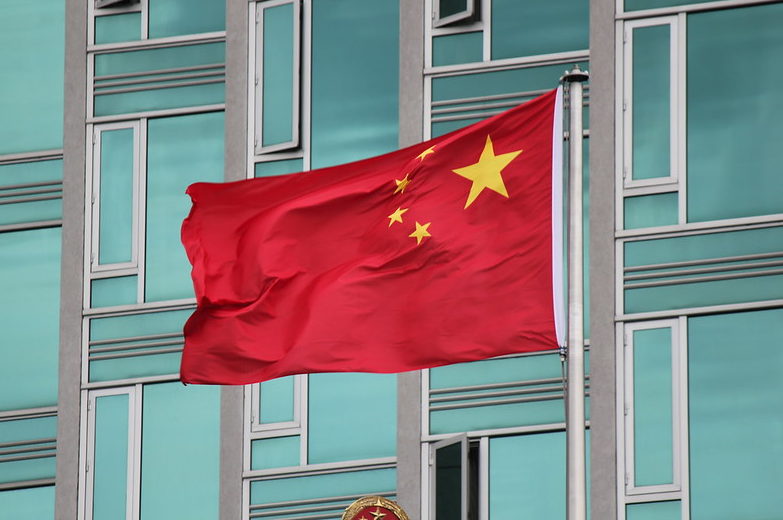It seems unlikely to expect China to behave less assertively in the international arena in 2022 than it did last year. The country is facing economic challenges, manifested, for instance, by uncertainty following the crackdown on technology and property companies, energy shortages, demographic challenges, etc. Given the reported limited efficacy of Chinese vaccines against the new omicron mutation of coronavirus, Chinese leadership may also face a serious problem of the potential rapid spread of infections. To fight against this, at least until the winter Olympic Games in Beijing in February are over, China would be forced to adhere to its zero-tolerance to outbreaks of the coronavirus which would in turn negatively influence already disrupted global supply chains.
Internationally, the situation is not favorable either, as the rivalry with the United States will likely carry on and the European Union will continue in its cautious approach towards Beijing. Of course, unless both sides resolve the question of sanctions imposed on EU parliamentarians, think tanks, and individuals.
At the same time, the domestic pressure on the Chinese leadership to deliver is mounting. Xi Jinping is preoccupied with positioning his allies to the key positions before the Chinese Communist Party Congress. Yet if anything goes wrong, he may be tempted to compensate for the country’s economic slowdown and divert the attention of the Chinese population from the frustration with his leadership to a more aggressive policy towards Taiwan. A military scenario cannot be ruled out as the incursions towards Taiwan’s air defense identification zone (ADIZ) already reached an unprecedented scale by the end of 2021.


